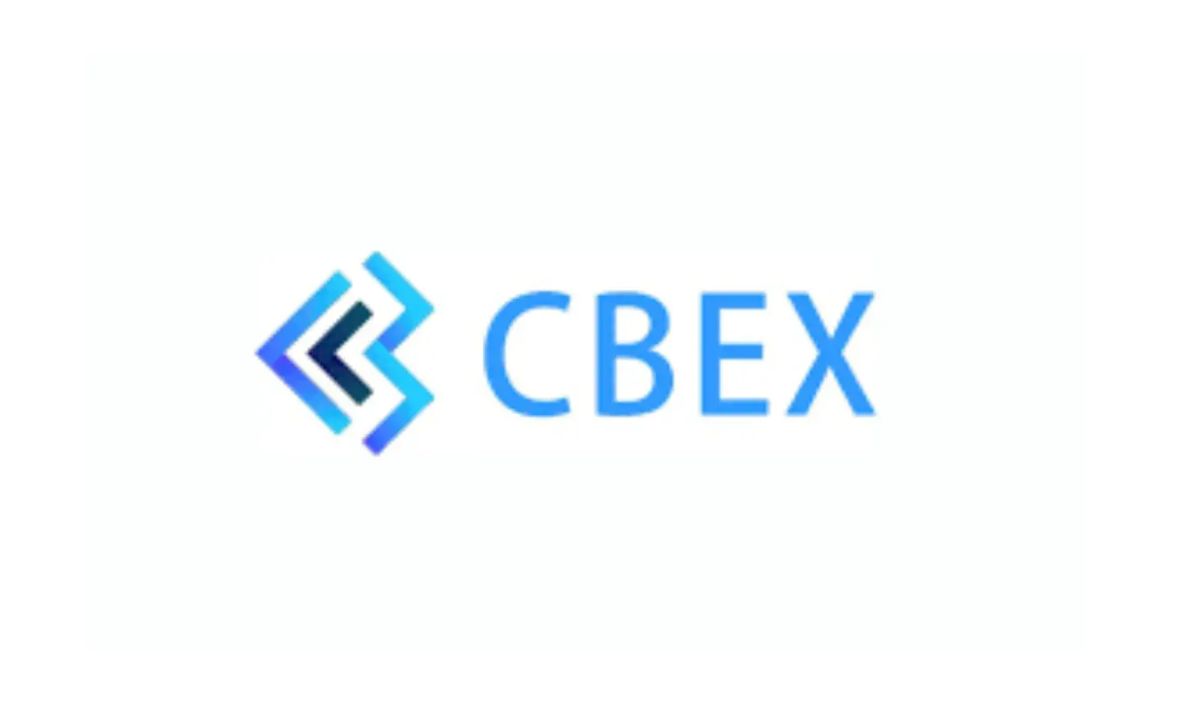Details Reveal How Nigerian Investors Lost Over ₦1.3 Trillion On Crashed CBEX Platform

Nigerian investors have fallen victim to a massive digital fraud scheme operated by CBEX, a purported AI-powered trading platform that vanished after collecting approximately ₦1.3 trillion from users.
The platform had enticed investors with unrealistic promises of doubling their money within 30 days.
On Monday, investors were shocked to discover that their account balances had been reduced to zero without warning. Following this development, CBEX administrators locked all communication channels on Telegram and announced a suspension of withdrawals. They then introduced a mandatory “verification fee” of either $100 or $200 (depending on previous deposit amounts), supposedly required to restore access to funds.
Investigations reveal that approximately $822.8 million (equivalent to ₦1.337 trillion) was transferred to a private Ethereum wallet shortly before the platform’s collapse. In total, over $847 million in diverted funds have been traced by analysts. Forensic examination suggests that investors’ deposits were immediately siphoned upon entry into the system, indicating that the trading balances users observed were entirely fabricated.
Technical analysis of the platform shows that CBEX was unauthorised and featured a hastily constructed website that borrowed design elements from legitimate exchanges like ByBit to create an impression of credibility. The operational structure involved collecting deposits in TRX (Tron) cryptocurrency, which was promptly converted to USDT stablecoin and subsequently to Ethereum.
What appeared as investment gains on user dashboards were fictitious numbers, manipulated to simulate AI-generated trading profits. The business model relied entirely on using new investor deposits to create the illusion of returns, characteristic of a classic Ponzi scheme.
Financial experts believe the post-collapse “verification” requirement is merely an extension of the fraud, designed to extract additional funds from desperate victims. Those holding account balances under $1,000 are being charged $100, while larger account holders face a $200 fee. Analysts suggest these new payments might be partially used to selectively pay a small number of investors to maintain an appearance of legitimacy, while the majority remain defrauded.
Consequently, in the aftermath of the CBEX digital trading platform collapse, several Nigerian women who had invested their life savings are currently in emotional distress.
Video footage making the rounds on social media reveals women openly weeping after discovering that their funds, amounting to millions of naira, had vanished when the fraudulent platform crashed.
The Securities and Exchange Commission (SEC) had previously cautioned Nigerians against participating in unregistered investment schemes. With expanded regulatory powers granted through the recently enacted Investments and Securities Act (ISA) 2025, the SEC now has explicit authority over digital asset trading platforms.
The commission has emphasised that operating such platforms without proper registration constitutes a violation of securities law. SEC Director General Dr. Emomotimi Agama characterised the CBEX incident as demonstrating the urgent need for enhanced regulatory oversight, reiterating the commission’s dedication to protecting investors and maintaining market integrity. He advised Nigerians to always verify a platform’s registration status before committing any funds.





